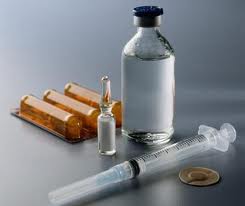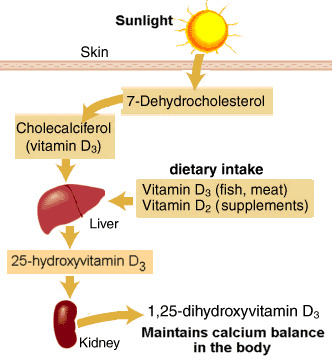 If you are a family with a child with HBV, or a family considering the adoption of a child with HBV as a special need, it is important to consider how you will manage your child’s hepatitis B information. As an adult you are making your own personal disclosure decision, but when you are dealing with your child’s personal information, it is a decision that needs to be made with the entire family to be considered. Think long and hard. Once this information is out, you cannot take back.
If you are a family with a child with HBV, or a family considering the adoption of a child with HBV as a special need, it is important to consider how you will manage your child’s hepatitis B information. As an adult you are making your own personal disclosure decision, but when you are dealing with your child’s personal information, it is a decision that needs to be made with the entire family to be considered. Think long and hard. Once this information is out, you cannot take back.
Something that I did not truly consider when we were making this decision was the fact that this was not really my information, but rather my child’s information. Our child was a baby at the time. We could not know her personality, and what kind of a person she would become with time. We were fully immersed in the baby scene, and were not even thinking about the teenage years. Little did I know that teens have an opinion about everything. My kids lost interest in discussing their adoption story at the store check-out by the time they entered elementary school. Certainly no one wanted to be the adopted kid with hepatitis B. No one wanted to be the adopted sister of the adopted kid with HBV. I cannot speak for other kids, but that was the case with our own children. In general, kids want to blend.
Initially we were concerned about sending the wrong message to our children by not disclosing this information. There should be nothing to hide, so we forged ahead with our information in a couple of small, selective circles. These were carefully chosen groups, nothing permanent like our neighborhood, since we could not afford to move if there were repercussions. Disclosure was abruptly halted after a confrontation with the early intervention team at our home school. Had we not been under the advisement of counsel, I fear the situation would have resulted in a breach of information we might not have been able to contain. I have heard similar stories from other adoptive parents, and it makes me cringe every time.
Parents are fiercely protective of their children – especially when they are young. I have heard heart-wrenching stories of broken friendships, neighbors that no longer speak, and the distancing of family members, all over the disclosure of information that perhaps should not have been imparted. But who knows who will be accepting and tolerant, and who will refuse to let your child play next door? Sadly, people lack basic information about HBV, and even in the U.S., there is a stigma associated with infectious diseases. They do not know anything about HBV, or how it is transmitted. They may not even be aware that their child is vaccinated against hepatitis B. They may choose to err on the side of caution, and choose not to have your child play with their child.
Although we made a family decision to not disclose, there were people that we chose to tell. Disclosing to family did not go the way I had expected, and I’m glad there are a few states between us. Fortunately with time and distance, people forgot about it, because they never fully understood it from the beginning. Disclosure to selective friends worked for us, but there were few that were told. We disclose to all treating physicians.
On the pro-disclosure side, I am aware of families that have disclosed their child’s HBV information and it works well for them. They are pleased with the support they receive from friends, school, church and family. They have made the decision to educate and raise awareness as a family. I commend that. Perhaps I am even a little envious, because that is how it should work! Unfortunately it did not work well for our family, where we live. Now that my daughter is in high school, she is okay with her HBV status. Fortunately she’s not truly “out there” with her information, but she has contributed in her own way to raising HBV awareness in selective circles.
To disclose or not to disclose, it’s a family decision. Think about it, and do what is best for your entire family.










